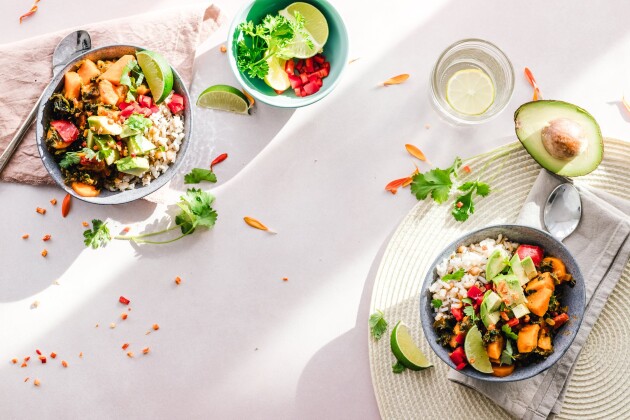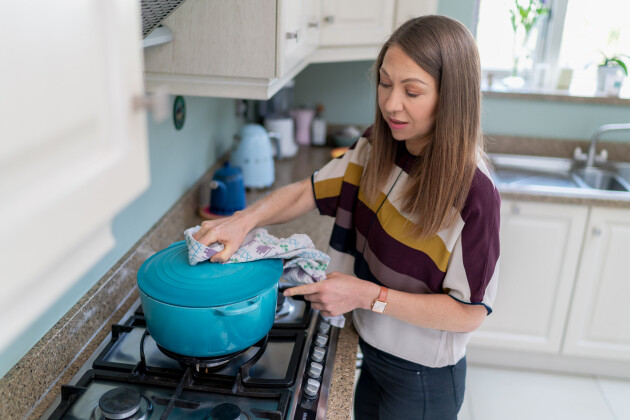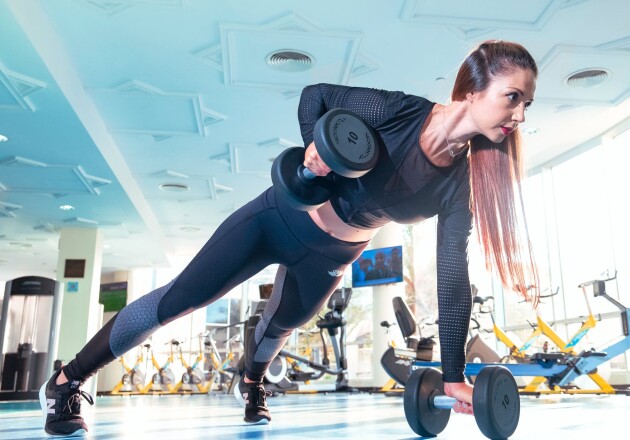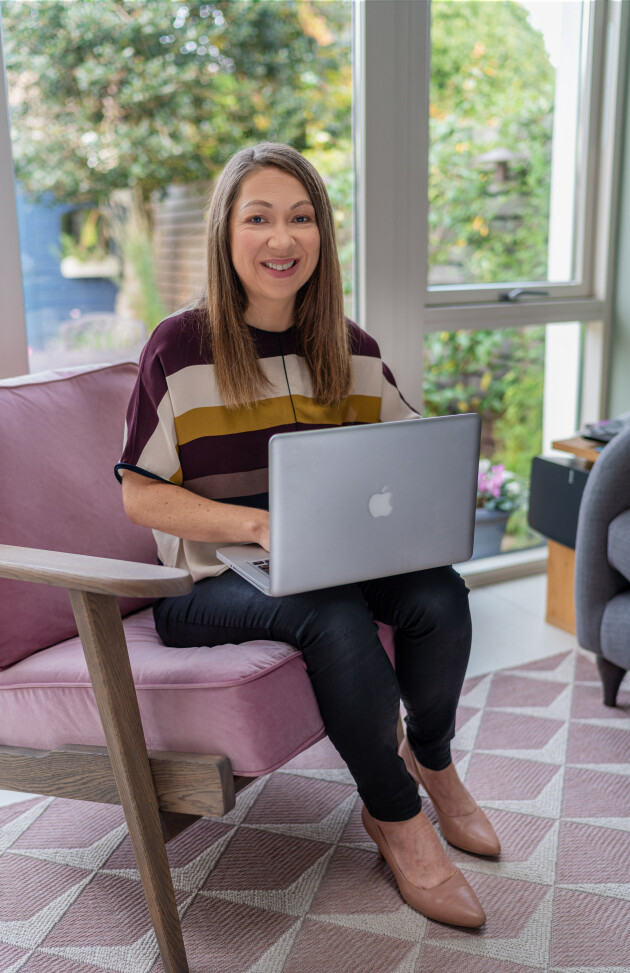
Expert advice: how to support your health & immunity.
Rachel Young is a nutrition and health coach and the founder of Eat Food Right – here she shares her top tips for supporting health and immunity.
Your immune system is your body’s first line of defence against viruses, bacteria, parasites, and infection. Up to 80% of our immunities live in our gut and by feeding that well we can best support and protect our immune systems. It also cannot operate at its optimum level when we are stressed. Having a healthy daily routine helps us to manage the stressors in our lives more effectively. Our health is in our hands, live well to feel well.
Here are some ways you can do that:

Eat well
Eat a variety of wholefoods such as fruits, vegetables, whole grains, legumes, healthy fats and proteins. Including carbohydrates that are high in fibre, protein and healthy fats to every meal helps you to feel satisfied and keeps you fuller for longer. How, when and why are where you are eating has a great impact on what you are eating too, be mindful of this if you want to improve what you are eating.
Some examples of micronutrients that are particularly good at supporting our immunity and foods that you’ll find them in are:
- Vitamin A found in beef or lambs’ liver, green leafy vegetables, carrots, sweet potatoes, butternut squash, mangoes and pink grapefruits.
- Vitamin C found in peppers, blackcurrants, broccoli, kiwis, Brussels sprouts, lemons and strawberries.
- Vitamin D from oily fish, dairy products, mushrooms and egg yolks.
- Vitamin E in nuts and seeds, green leafy veg and avocadoes.
- Selenium in Brazil nuts, chicken, turkey and eggs.
- Zinc in red meat, shellfish, legumes, nuts and seeds and dark chocolate.
- Prebiotics from garlic, onions, leeks, bananas, asparagus, fermented foods, oats, apples, and flaxseeds.

Stress
Too much stress has a negative impact on our immune health and can lead to chronic fatigue and illness. External environmental factors have a huge impact on our stress load. Finding ways to best manage and deal with these decreases their impact on our bodies. Learning and utilising activities that help us to unwind are hugely beneficial at getting us into a relaxed state. Put things into perspective, try to remain in the present and think WIN…what’s important now. By assessing the stressors in our lives and determining how we can manage these allows us to better control what causes us stress. Examples of stressors include:
- Lack of time and no downtime
- Lack of exposure to nature
- Lack of passion
- Loneliness
Some examples of ways to destress are:
- Become self-aware of what stresses you, this is key to management of your stress
- Know your coping strategies and action them
- Get into nature
- Disconnect from technology
- Rest
- Reflect
- Reconnect with people, your passion and purpose
- Eat well
- Exercise
- Laugh

Sleep
Sleep is your superpower. Adequate sleep is extremely important for us to function well daily. Getting a good night’s sleep allows us to manage and deal with stress and the food choices we make in the best way. It’s also paramount to supporting our immune health.
Why?
- It’s free and determines your daily health story
- It benefits your microbiome and improves your immunity. Did you know your gut has its own circadian rhythm?!
- It’s naturally anti-inflammatory and an anti-stressor
- It regulates your hormones
- It’s a natural appetite suppressant as it allows for leptin and ghrelin regulation, your satiety and hunger hormones
- Sleep deprivation lessons the cells ability to absorb glucose, which has an impact on our metabolism
Examples of things that can affect the quality and quantity of our sleep are:
- Alcohol
- Light, particularly blue light
- Exercising too late in the day
- Noise
- Stress
- Caffeine
- Age
Some tips on how to improve the quality of your sleep:
- Control the controllables
- Prioritise it, set a go to bed alarm if you need to
- Don’t wait to get tried in bed
- Have a wind down routine
- It's a skill, practise it to make progress at improving it
- Write down your thoughts and worries at least 2 hours before bed if these keep you awake or wake you during the night
- Disconnect from technology and screens 90 minutes before you go to bed
- Put your phones on airplane mode at night
- Have a gadget free bedroom
- Darken your bedroom room
- Eat your last meal as least 2 hours before bed
- Eliminate caffeine after 1pm
- Exercise a minimum of 3 hours before bedtime
- Take a hot bath which can naturally increase your sleep hormone melatonin
- Sleep in a cool bedroom
- Having a good morning routine is as important as a great evening wind down routine
- Try to keep your phone on airplane mode for one hour after waking
- Get some morning sunlight into your eyes without using sunglasses if it’s possible, this helps to regulate your circadian rhythm

Exercise
Exercise brings a multitude of benefits to our heads, hearts, waistlines, muscles and bones. It supports our immune systems and being active can help us to deal with and manage stress better.
————
Rachel Young is a nutrition and health coach and the founder of Eat Food Right. She has had a lifelong love of food and always recognised its importance in creating, sustaining and maintaining healthy happy individuals. She is most passionate about helping people to help themselves to eat the food that is right for them.
Everyone is unique and Rachel’s approach to working with you is just that, there is no one set plan suitable for everyone. Our unique tastes, lifestyles, likes and dislikes drive our daily food and health choices. Rachel creates her client’s individual nutrition and health plan specifically around them and their lifestyles.
Other services offered by Rachel include a personalised grocery shopping and nutrition and health talks and webinars. To find out more or to get in touch with Rachel you’ll find all the details on her website www.eatfoodright.ie. She looks forward to helping you to help yourself.







